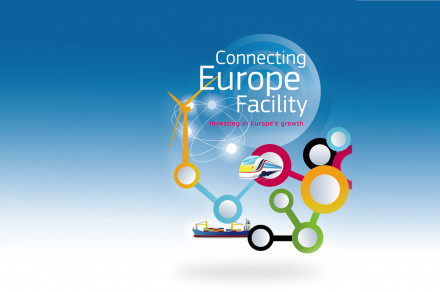EU Funds
Management of funds
EU funding is managed in various ways. Around 80% of the EU budgetary funds is allocated in partnership with national and regional authorities through a system of shared management, largely through five Structural and Investment Funds. Their common provisions are defined by the Common Strategic Framework. The five funds are:
- European Regional Development Fund (ERDF),
- European Social Fund (ESF),
- Cohesion Fund (CF),
- European Agricultural Fund for Rural Development (EAFRD) and
- European Maritime and Fisheries Fund (EMFF).
The use of European funds until 2020 takes into account the objectives of the Europe 2020 Strategy, the EU's jobs and economic growth programme for this decade. The Strategy emphasises the importance of smart, sustainable and inclusive economic growth as a way of eliminating the structural weaknesses of the European economy, improving its competitiveness and productivity, and supporting a sustainable social market economy.
Based on intensive coordination, the European Commission concluded a Partnership Agreement with the Member States for the 2014–2020 period, which provided for the implementation of the Structural and Investment Funds’ programmes in this financial period. It contains an analysis of development needs, disparities and growth potential, on the basis of which investment priorities and the expected results for the selected thematic objectives are identified.
In the 2014–2020 period, Slovenia has access to a total of EUR 4.174 billion in funds, of which EUR 3.312 billion is from European Cohesion Policy, EUR 837.8 million from the EAFRD and EUR 24.8 million from the EMFF.
Fisheries Fund
The majority of other budgetary funds are managed directly by the European Commission through the so-called centralised programmes (Horizon 2020, SME Instrument, Erasmus+, LIFE, Creative Europe, Enterprise Europe Network and many others) in the form of grants allocated to supporting individual projects related to various EU policies.
Funding is managed according to strict rules to ensure there is tight control over how the funds are used and that the money is spent in a transparent, accountable manner.


